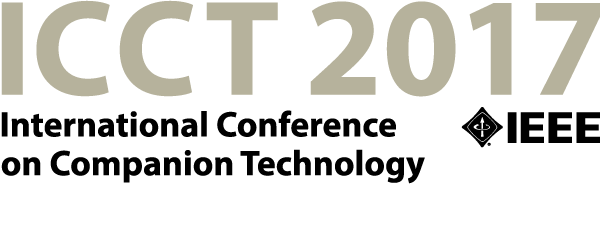Abstract
Current engineering strategies in often seek to develop assistive systems (ADAS) aim without a human in the control loop. However, in safety critical systems, such as autonomous cars recent incidences suggest that safe operation will require the human in the loop for decades to come. In our research we investigate how brain activation measurements can be used to assess human cognitive and emotional states with great specificity in realistic driving conditions to support human state modeling for safe strategy planning in cooperative highly automated driving. Unlike simple physiological or behavioral measures, brain activation measurements can provide high dimensional data that allow to distinguish and quantify multiple cognitive states with high reliability1,2. I will present results on research on humans driving realistic scenarios with concurrent traffic and varying driving demands in high end driving simulators indicating that workload and emotional state assessment is possible with relatively high accuracy and our efforts of developing a virtual driver model using the executable cognitive architecture CASCaS3.
Vita
Jochem Rieger is intersted in using data driven statistical/machine learning methods to understand structural relationships between neural activation and perception/cognition/action and for the development of Brain-Machine-Interfaces. He did his PhD at the Max Planck Institute for Biological Cybernetics in Tübingen before he became a research group leader at Magdeburg University. Since 2012 he is a full professor of Psychology at Oldenburg University. He was a research fellow at Stanford University and at UC Berkeley.
